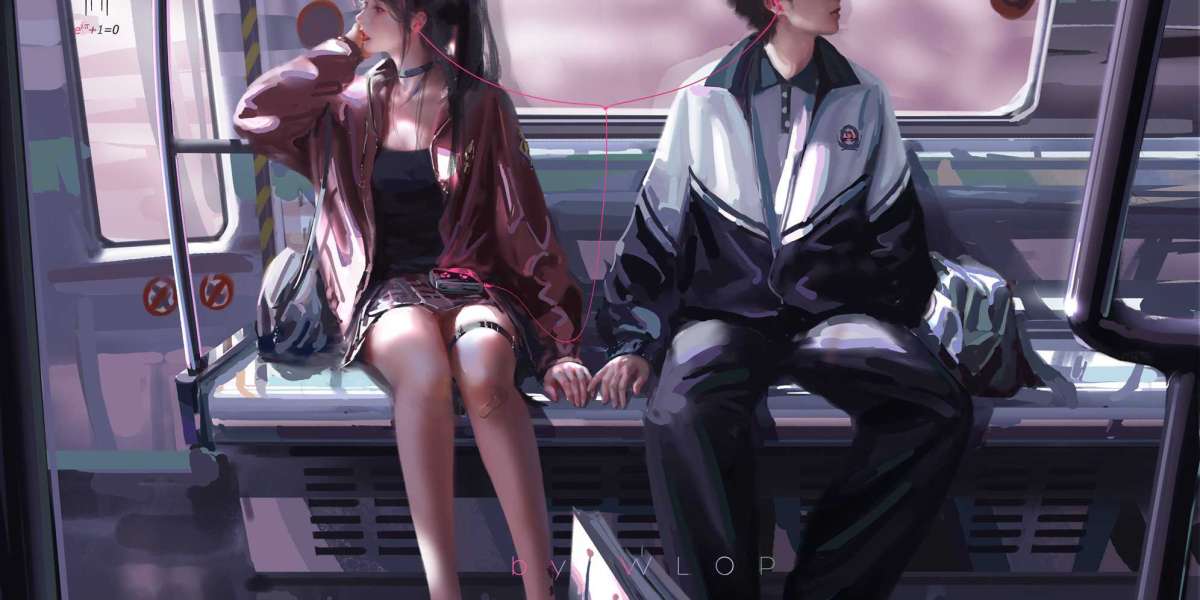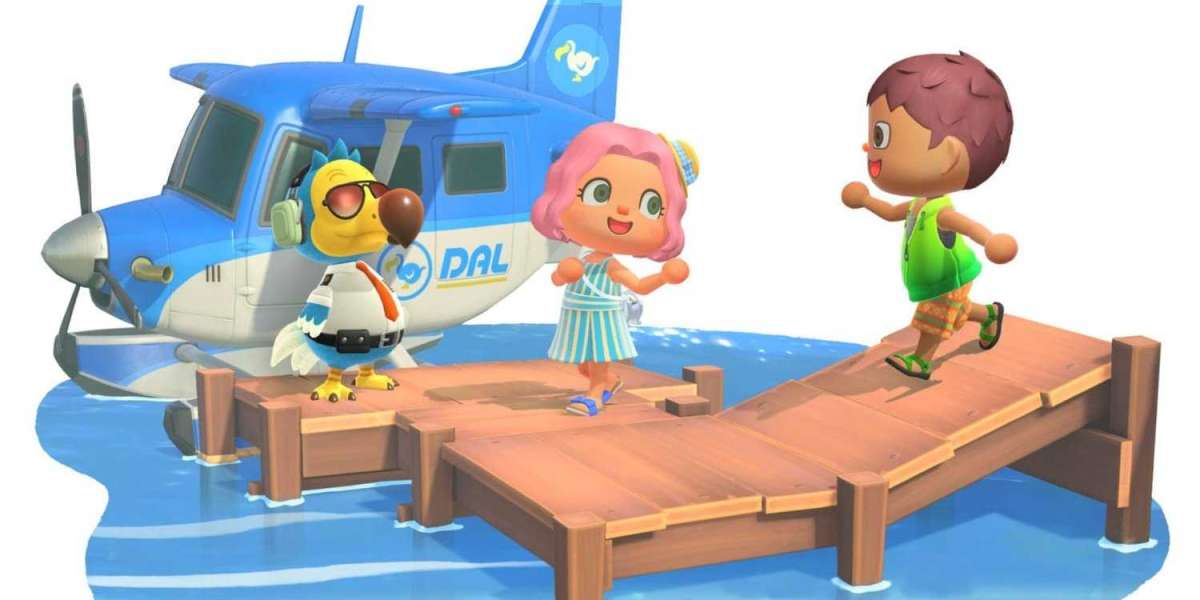Theatre productions have long been a vital part of cultural expression, evolving significantly from their origins in ancient Greece to the modern stage. This article delves into the rich history and transformation of theatre, focusing on key milestones and the diverse styles that have emerged over the centuries.
Theatre Productions in the Classical Era
In the classical era, theatre productions were primarily rooted in religious and cultural rituals. The ancient Greeks introduced structured plays, with playwrights like Aeschylus, Sophocles, and Euripides shaping the foundations of dramatic storytelling. These early theatre productions often explored themes of fate, morality, and the human condition.
- Tragedy and Comedy: The Greeks distinguished between tragedy and comedy, each serving different purposes in society.
- Chorus: The use of a chorus was integral, providing commentary and enhancing the narrative.
The Influence of Shakespeare
Fast forward to the Renaissance, and we encounter the unparalleled influence of William Shakespeare. His works revolutionized theatre productions, introducing complex characters and intricate plots. Shakespeare's plays, such as Hamlet and Macbeth, not only entertained but also provoked thought and discussion among audiences.
Shakespeare's impact can be seen in various aspects of theatre, including:
- Character Development: His characters are multi-dimensional, reflecting the complexities of human nature.
- Language: Shakespeare enriched the English language, coining phrases still in use today.
- Universal Themes: His exploration of love, power, and betrayal resonates across cultures and eras.
Modern Theatre Productions: A Diverse Landscape
As we moved into the 20th century, theatre productions began to diversify dramatically. The emergence of various movements, such as Realism, Expressionism, and Absurdism, challenged traditional narratives and forms. Playwrights like Samuel Beckett and Arthur Miller pushed the boundaries of what theatre could convey.
Contemporary theatre productions now encompass a wide range of styles and genres, including:
- Musicals: Combining music and drama, musicals have become a staple of modern theatre.
- Experimental Theatre: This form often breaks conventional storytelling methods, inviting audiences to engage in new ways.
- Community Theatre: Local productions foster community engagement and provide a platform for diverse voices.
The Future of Theatre Productions
Looking ahead, the future of theatre productions appears bright and innovative. With advancements in technology, such as virtual reality and digital storytelling, the possibilities for creative expression are limitless. How will these innovations shape the way we experience theatre?
As we reflect on the evolution of theatre productions, it is clear that this art form continues to adapt and thrive. Whether you are a seasoned theatre-goer or new to the scene, exploring the rich tapestry of theatre can be a rewarding experience. For more insights into the world of theatre, consider visiting .



